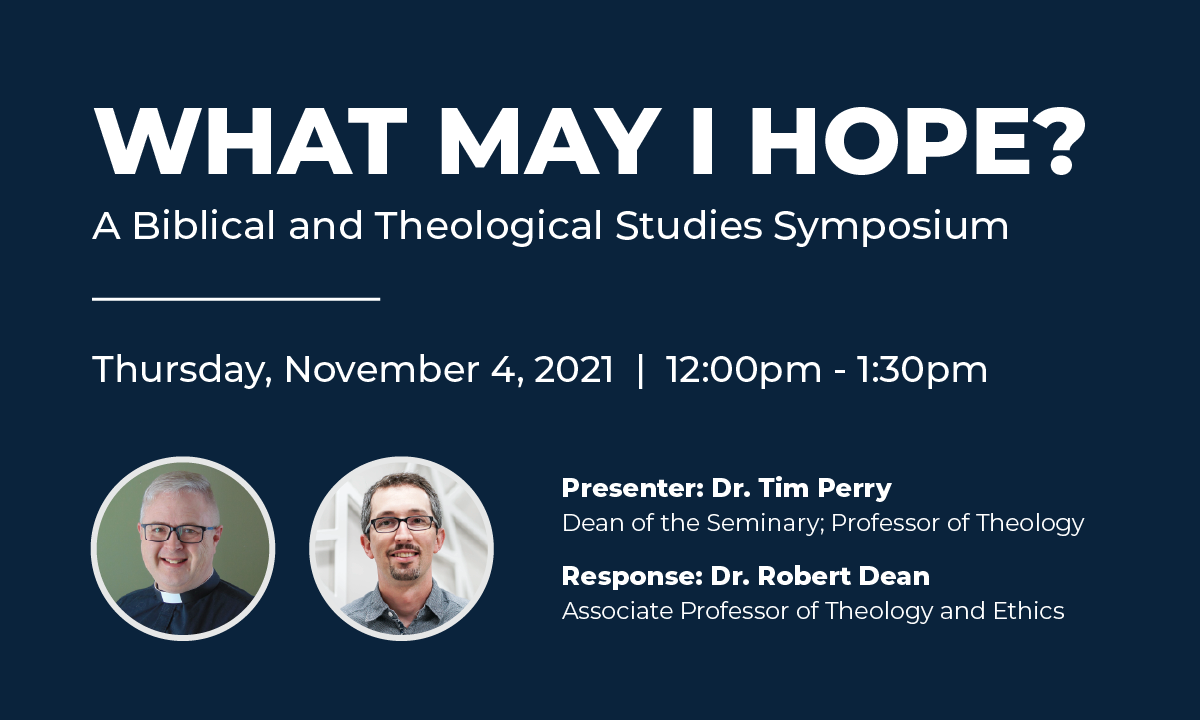The electronic version of my article “The Heresy of Relevance: Bonhoeffer’s Warning to Preachers” has just been published on the Sage Journals website. It will be appearing in print in the February 2022 edition of Pro Eccleisa: A Journal of Catholic and Evangelical Theology. If you have personal or library access to Sage articles, you can read it here. Continue reading “The Heresy of Relevance” Published in Pro Ecclesia
Boersma on How Not to Read Scripture
“I have chosen this passage from Origen because it illustrates that he regards metaphysics and biblical interpretation as closely connected. The way we think about the relationship between God and the world is immediately tied up with the way we read Scripture. This is something easily lost sight of, yet of crucial significance. I suspect we often treat biblical interpretation as a relatively value-free endeavor, as something we’re equipped to do once we’ve acquired both the proper tools (biblical languages, an understanding of how grammar and syntax work, the ability to navigate concordances and computer programs, etc.) and a solid understanding of the right method (establishing the original text and translating it, determining authorship and original audience, studying historical and cultural context, figuring out the literary genre of the passage, and looking for themes and applicability). Such an approach, even when it does recognize the interpreter’s dependence upon the Spirit’s guidance, treats the process of interpretation as patterned on the hard sciences. In other words, the assumption is that the way to read the Bible is by following certain exegetical rules, which in turn are not affected by the way we think of how God and the world relate to each other. Metaphysics, on this assumption, doesn’t affect interpretation. In fact, many will see in the way Origen links metaphysics and exegesis the root cause of why his exegesis is wrongheaded: the Bible ought to be read on its own terms, without an alien, philosophically derived metaphysical scheme being imposed upon it.”1
- Hans Boersma, Scripture as Real Presence: Sacramental Exegesis in the Early Church (Grand Rapids: Baker Academic, 2017), 5-6. ↩
Upcoming Event: “What May I Hope?”
Vaccines, Restrictions, and the Church – Video
The recording of the recent online panel discussion on the topic “Vaccines, Restrictions, and the Church” has been posted on the Providence YouTube channel. Those interested, can watch it below:
Vaccines, Restrictions, and the Church
As areas of Southern Manitoba continue to lag behind the rest of the province and country in vaccination rates, Providence will be hosting a Zoom Panel Discussion on July 13 entitled, “Vaccines, Restrictions, and the Church.” A recent news story that ran on all of the major networks highlighted the plight of a local pastor who has been bombarded with complaints on social media for his involvement in a recent vaccination advertising campaign. Joining me on the panel will be: Dr. Rebecca Dielschneider an immunologist who serves as Assistant Professor of Biology at Providence University College; Dr. Chris Burnett, a local physician who was recently honored with the medal of excellence from Doctors Manitoba; and Terry Kaufman, a longtime pastor and current denominational executive within the Evangelical Free Church in Canada. More information about the event and registration can be found here.
Douglas Harink on “Messianic Anarchy”
A provocative quote from Douglas Harink for Canada Day from his insightful discussion of Romans 13 in his recent book Resurrecting Justice:
“What do messianics owe political authorities and institutions? Not obedience. Not loyalty. Not flag-waving, anthem-singing devotion. Not military service. Not participation in their ministries of punishment and death. But also, not violent resistance or revolution (Rom. 13:2). Messianics are neither for nor against worldly political authority. In this sense, they might truly be called anarchists, because for them justice and life do not depend on the “archys” – the ruling powers of this age. Nothing truly messianic hinges on whether the ruling powers are for or against them. Messianics are conscientious unbelievers in worldly politics (syneidesin = “conscience” in Rom. 13:5). They practice holy, peaceable anarchy because they refuse to believe in and dedicate their bodies and souls to the political systems of this age.”1
- Douglas Harink, Resurrecting Justice: Reading Romans for the Life of the World (Downers Grove: IVP Academic, 200), 184. ↩
